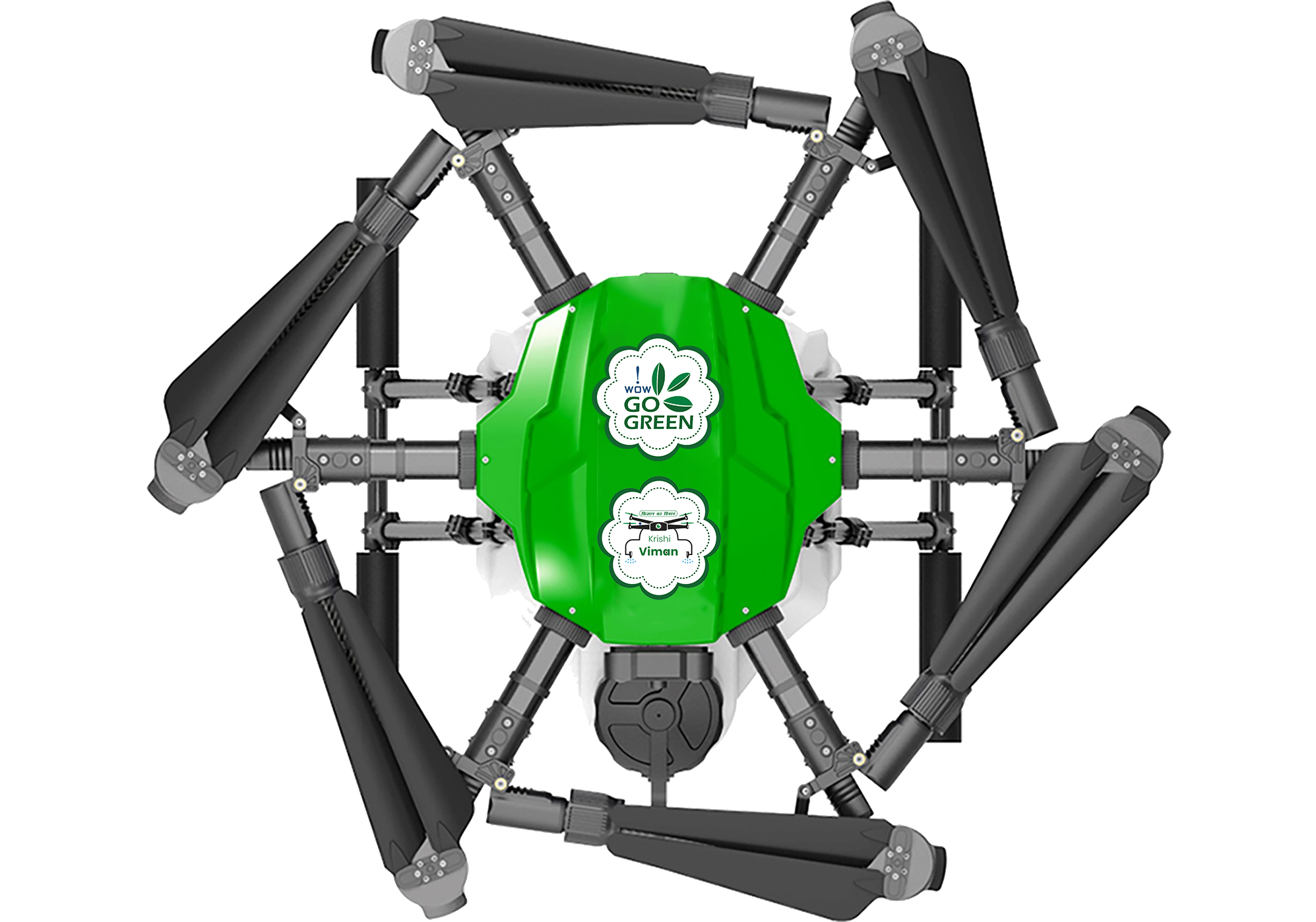The Future of Flight: What's Next for Agricultural Drones in India?
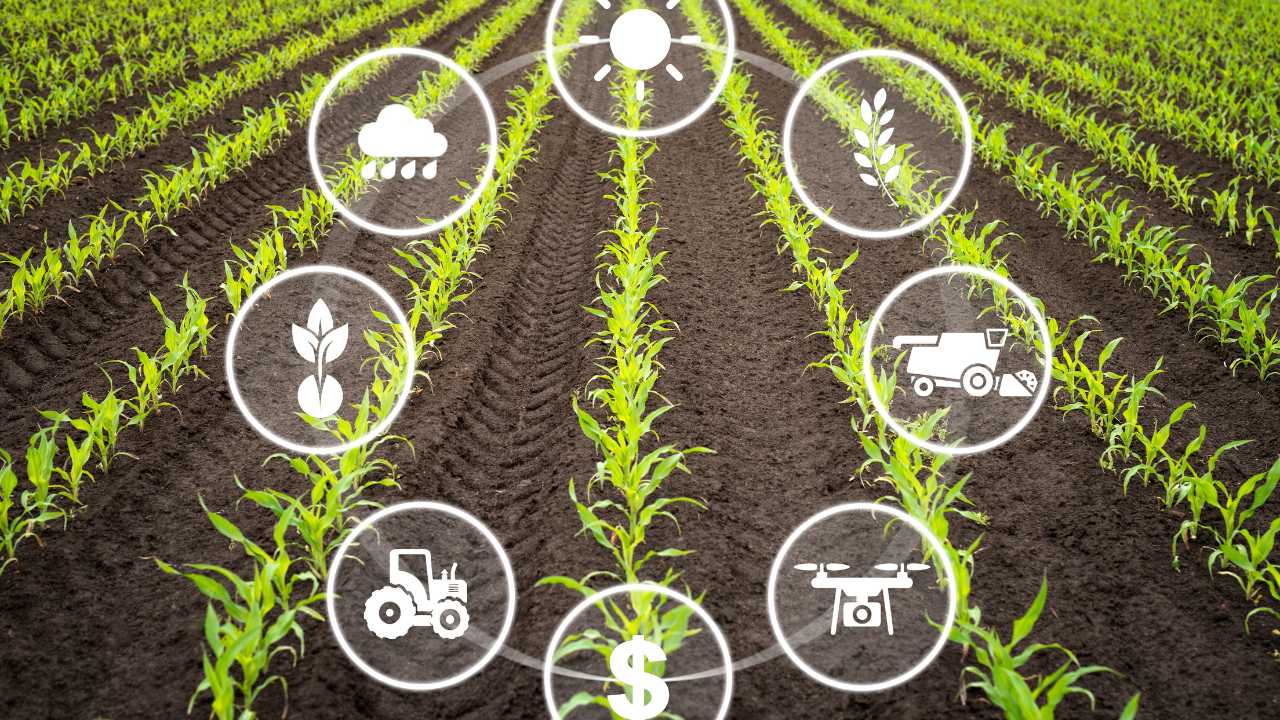
- By: krishiviman /
- 12-01-2024
In the ever-evolving landscape of Indian agriculture, a revolutionary tool has emerged – the Krishi Viman. These unmanned aerial vehicles are not just flying gadgets; they represent a significant leap in agricultural technology, offering innovative solutions to age-old farming challenges. This blog delves into how Krishi Viman is reshaping Indian agriculture, enhancing efficiency and productivity through various applications such as crop spraying.
In the ever-evolving landscape of Indian agriculture, Krishi Viman is emerging as a revolutionary tool. From changing the way farmers engage with their crops to introducing smarter, more efficient agricultural practices, the future of flight in Indian agriculture is poised for a significant leap forward. This blog delves into the exciting advancements in drone technology and their potential impact on the Indian economy and food security.
The Dawn of a New Era in Indian Agriculture
India, with its vast agricultural landscape, is on the cusp of a technological transformation. Krishi Viman, or Unmanned Aerial Vehicles (UAVs), once a novelty, are now becoming a necessity in modern farming practices. These sophisticated machines are not just about flying high; they are about elevating the entire agricultural ecosystem to new heights of efficiency and productivity.
Economic and Food Security Impacts
The integration of Krishi Viman in agriculture holds immense potential for the Indian economy. By increasing crop yields and reducing labor costs, Krishi Viman can boost the agricultural sector's profitability. This, in turn, can have a ripple effect on the country's GDP, as agriculture remains a significant contributor to India's economy.
Moreover, improved agricultural practices through drone technology can enhance food security. With a growing population, India faces the challenge of producing enough food. Krishi Viman can help meet this demand by enabling more efficient farming methods and reducing crop losses due to pests and diseases.
Policy and Regulation: The Path Forward
For Krishi Viman to truly transform Indian agriculture, supportive policies and regulations are essential. The government needs to create a conducive environment for the adoption of drone technology. This includes providing subsidies for drone purchases, offering training for farmers, and establishing clear guidelines for drone operations in agricultural spaces.
Krishiviman.com: Your Gateway to Agricultural Drones
For those looking to step into the future of farming with agricultural drones, Krishiviman.com stands as a reliable source. Offering a range of agricultural drones suitable for various farming needs, Krishiviman.com is at the forefront of bringing this technology to Indian farms. Whether you are a small-scale farmer or manage large agricultural operations, Krishiviman.com has a drone solution to fit your requirements.
Conclusion
The future of agricultural drones in India is not just about technological advancement; it's about reshaping the entire agricultural landscape. With autonomous drones, AI-powered systems, and supportive policies, India is on the brink of an agricultural revolution. As these technologies become more accessible and integrated into farming practices, we can expect a more prosperous, efficient, and food-secure nation.
Q1: How do autonomous drones differ from regular agricultural drones?
Answer: Autonomous drones are a step ahead in technology compared to regular agricultural drones. While standard drones often require manual control or supervision, autonomous drones can operate independently, following pre-set routes and making decisions based on real-time data. This autonomy allows for more consistent and efficient coverage of large agricultural areas, leading to better crop management and resource utilization.
Q3: Are agricultural drones financially viable for small-scale farmers in India?
Answer: Agricultural drones represent an investment, and their viability depends on various factors like the size of the farm and the type of crops grown. However, the government and various organizations are working to make this technology more accessible through subsidies, training, and affordable models. For small-scale farmers, even shared or rental drone services can be a cost-effective option to benefit from this technology.
Q4: What kind of support can farmers expect from the government for adopting drone technology?
Answer: The Indian government is increasingly recognizing the importance of drones in agriculture and is likely to offer support in various forms. This can include subsidies for purchasing drones, training programs for farmers to learn how to operate these technologies, and establishing regulations that facilitate the safe and efficient use of drones in farming.
Q5: How does drone technology contribute to food security in India?
Answer: Drone technology contributes to food security by enabling more efficient and productive farming practices. By providing precise data on crop health, soil quality, and resource needs, drones help optimize crop yields and reduce waste. This increased efficiency is crucial for meeting the food demands of India's growing population.
Q6: Can drones be used for other purposes in agriculture besides crop monitoring?
Answer: Absolutely, drones in agriculture are versatile tools. Besides crop monitoring, they are used for soil health assessments, planting seeds, spraying fertilizers and pesticides, and even for irrigation management. The multifunctionality of drones makes them an invaluable asset in modern agriculture.
Q7: Where can farmers in India purchase agricultural drones?
Answer: Farmers in India can purchase agricultural drones from various vendors, including online platforms. One such reliable source is Krishiviman.com, which offers a wide range of agricultural drones suitable for different farming needs. They also provide customer support and guidance on selecting the right drone for specific agricultural tasks.
Q8: What are the legal requirements for operating agricultural drones in India?
Answer: Operating drones in India, including agricultural drones, is subject to regulations set by the Directorate General of Civil Aviation (DGCA). These regulations cover aspects such as drone registration, pilot training, and permissible areas for drone operation. Farmers and agricultural businesses need to comply with these regulations to ensure safe and legal drone usage.
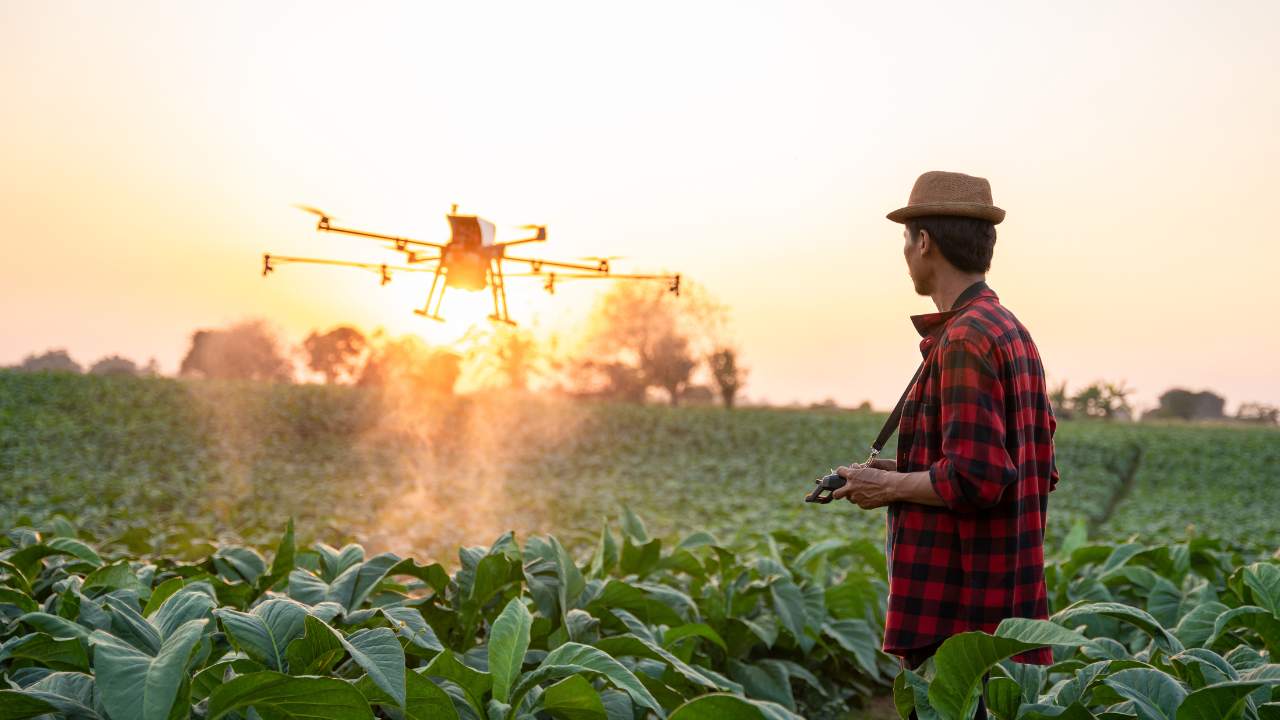
Transforming Farming: How Agricultural Drones are Solving Key Challenges in Agriculture
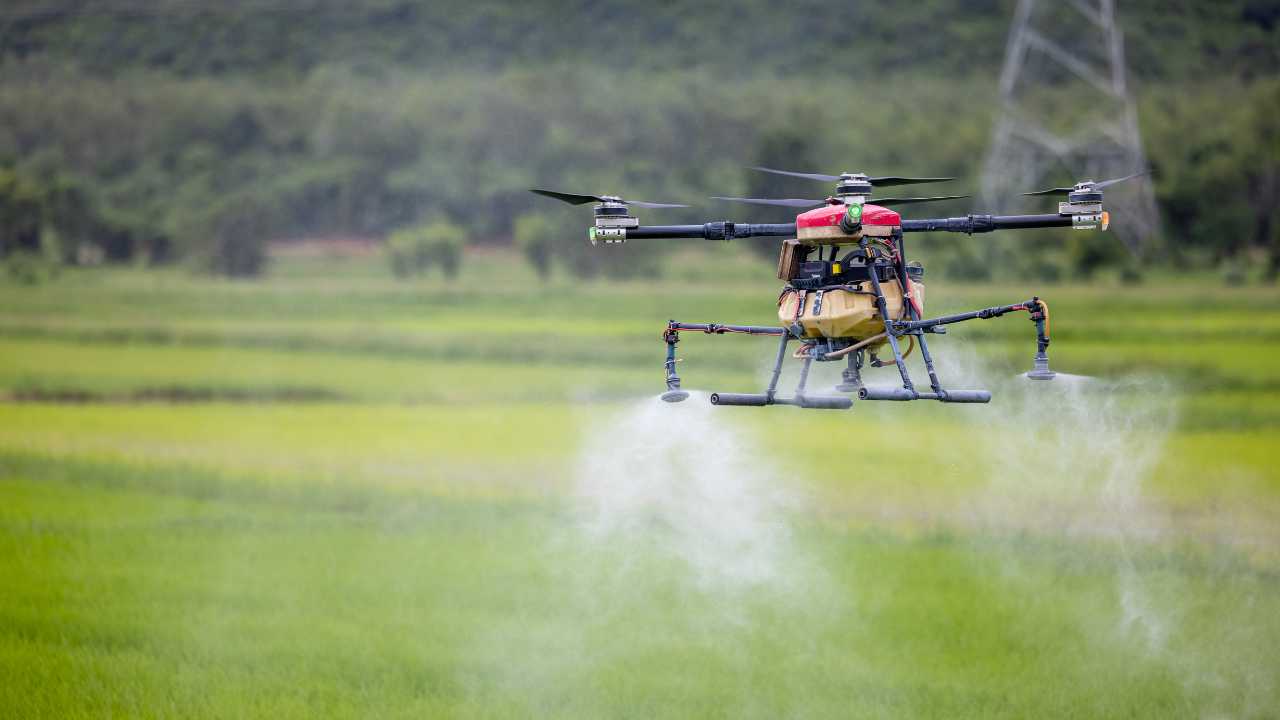
Innovative Uses for Drones in Agriculture
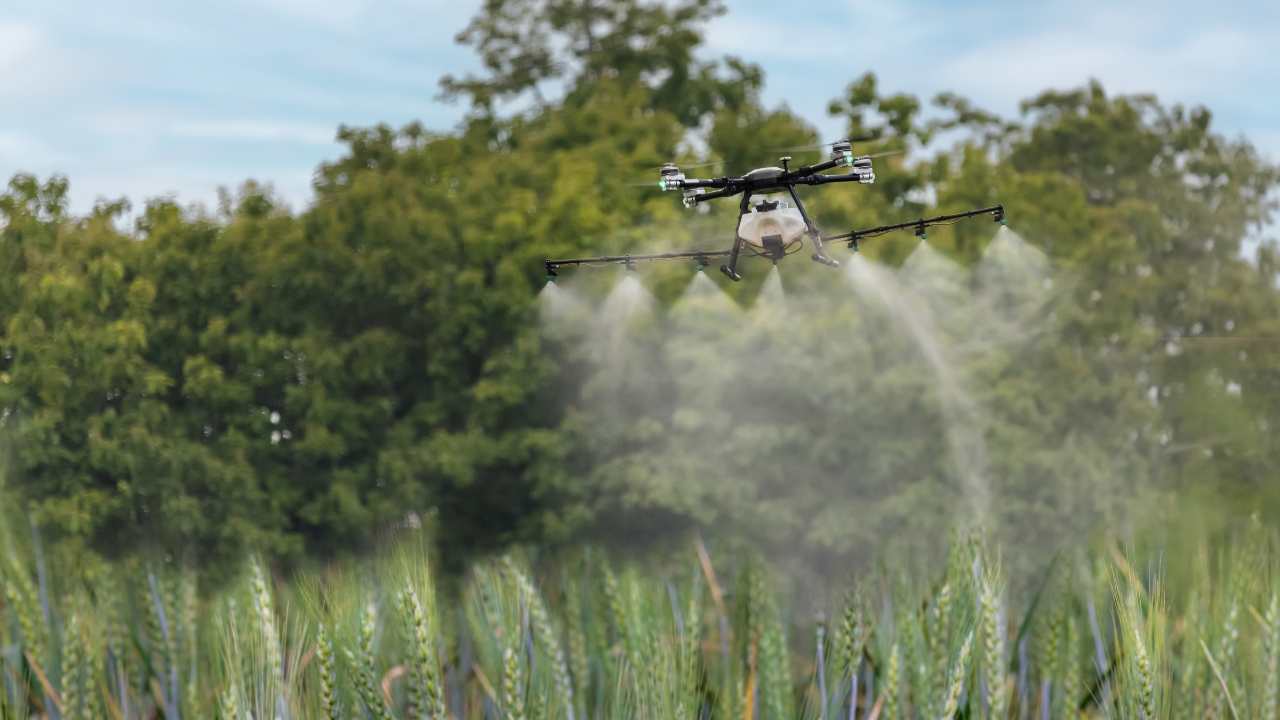
Applications of Drones in Precision Agriculture
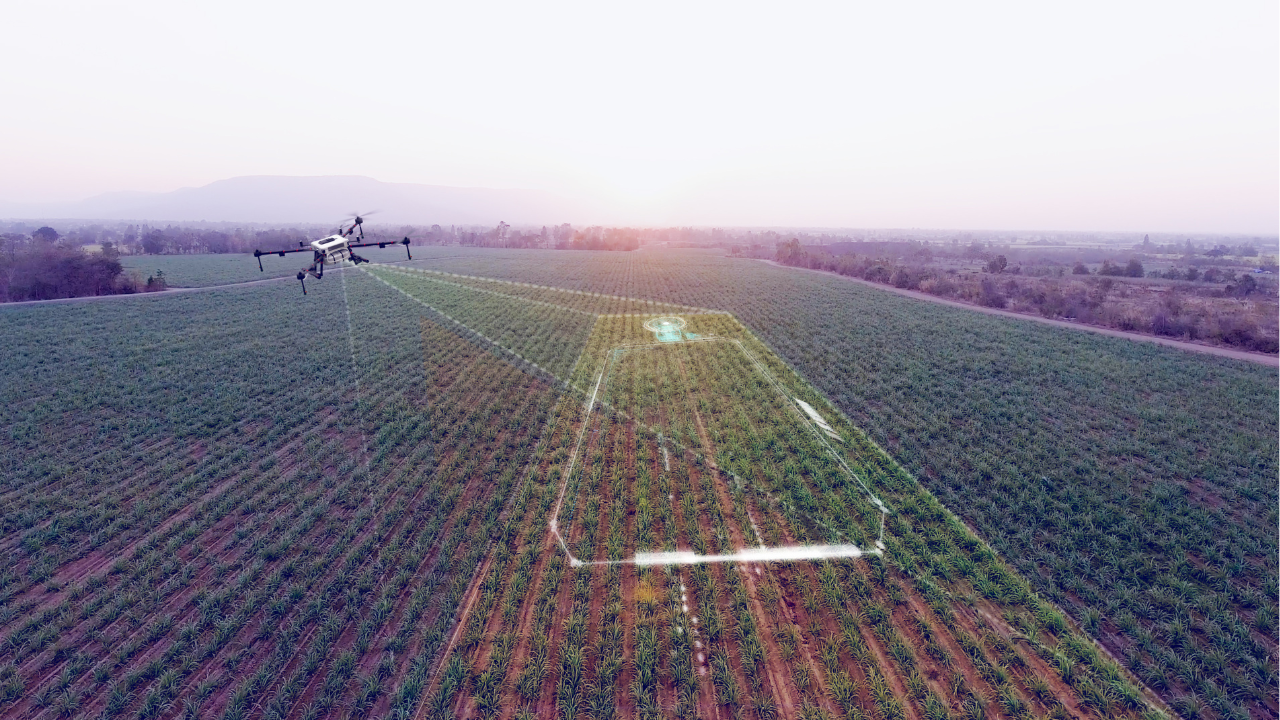
The Transformative Impact of Drones in Indian Agriculture Introduction
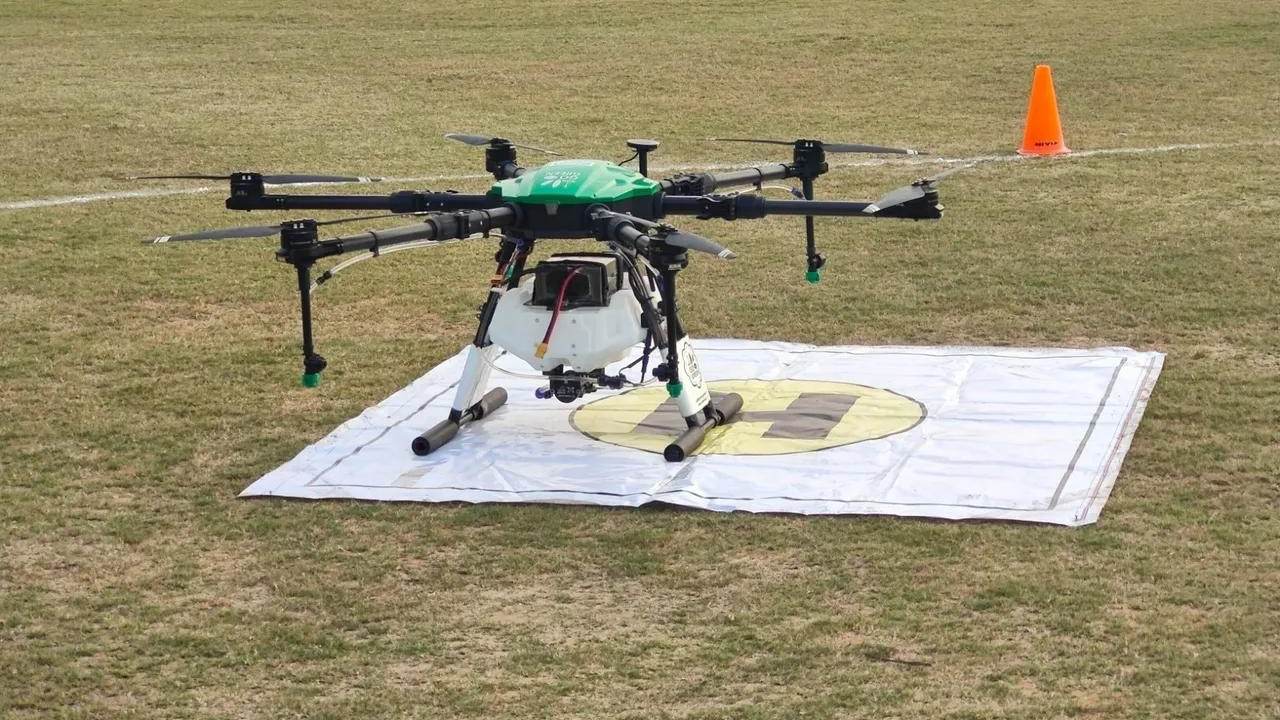
The Revolution of Agriculture Drone Spraying in India: Profitability, Efficiency, and Investment
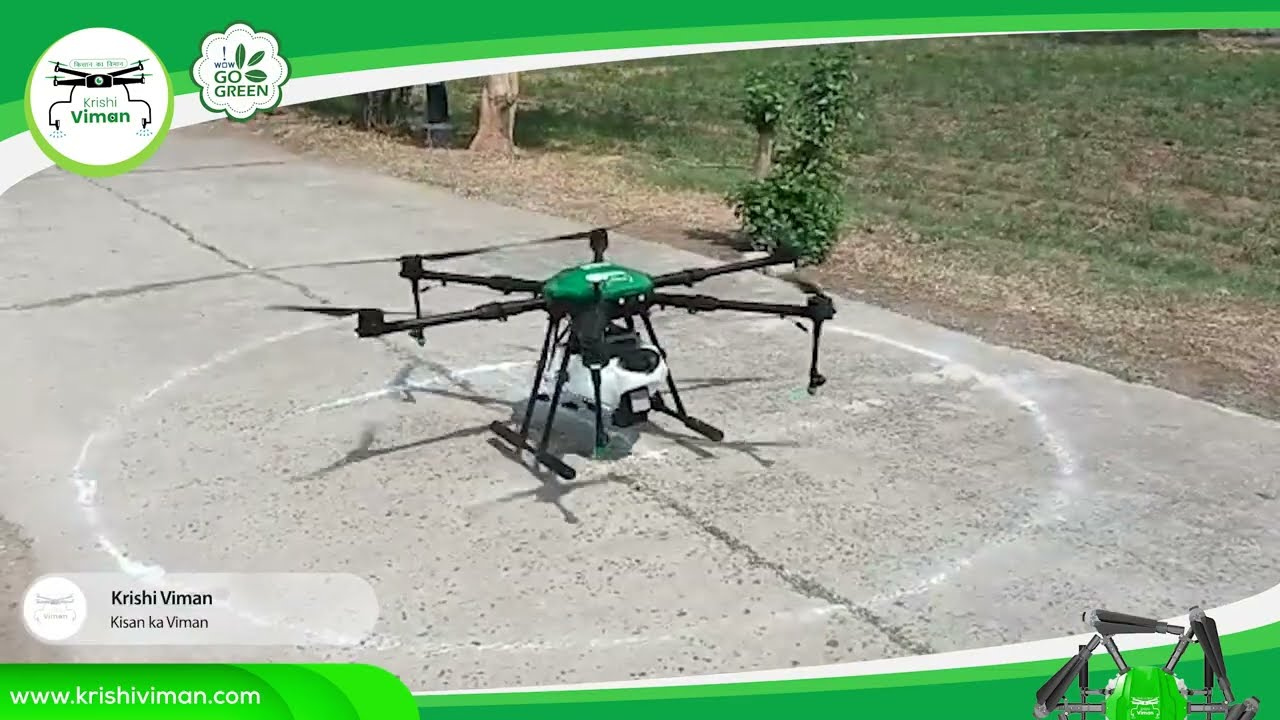
Exploring Cost-Effective Drone Solutions for Indian Agriculture: A Review of Krishiviman.com Offerings
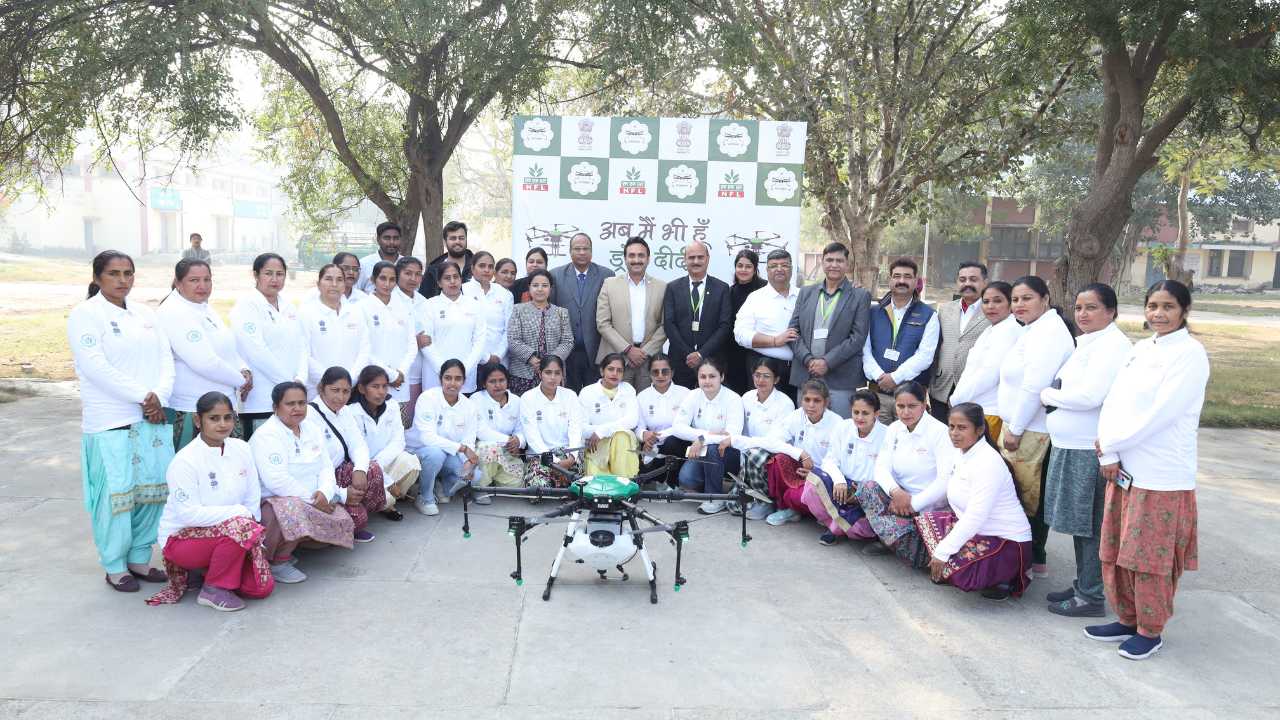
Unleashing Potential: RPTO Drone Training in Indian Agriculture
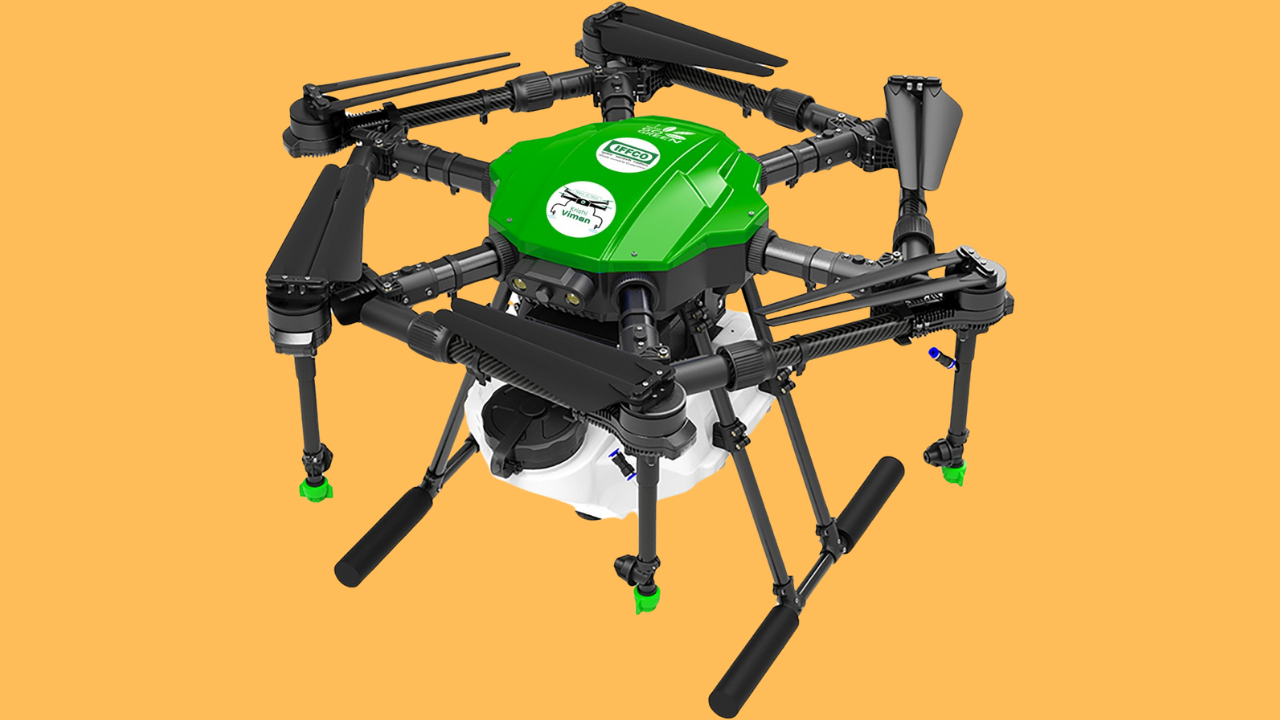
How to Use and Maintain the Agricultural Spraying Drone Battery
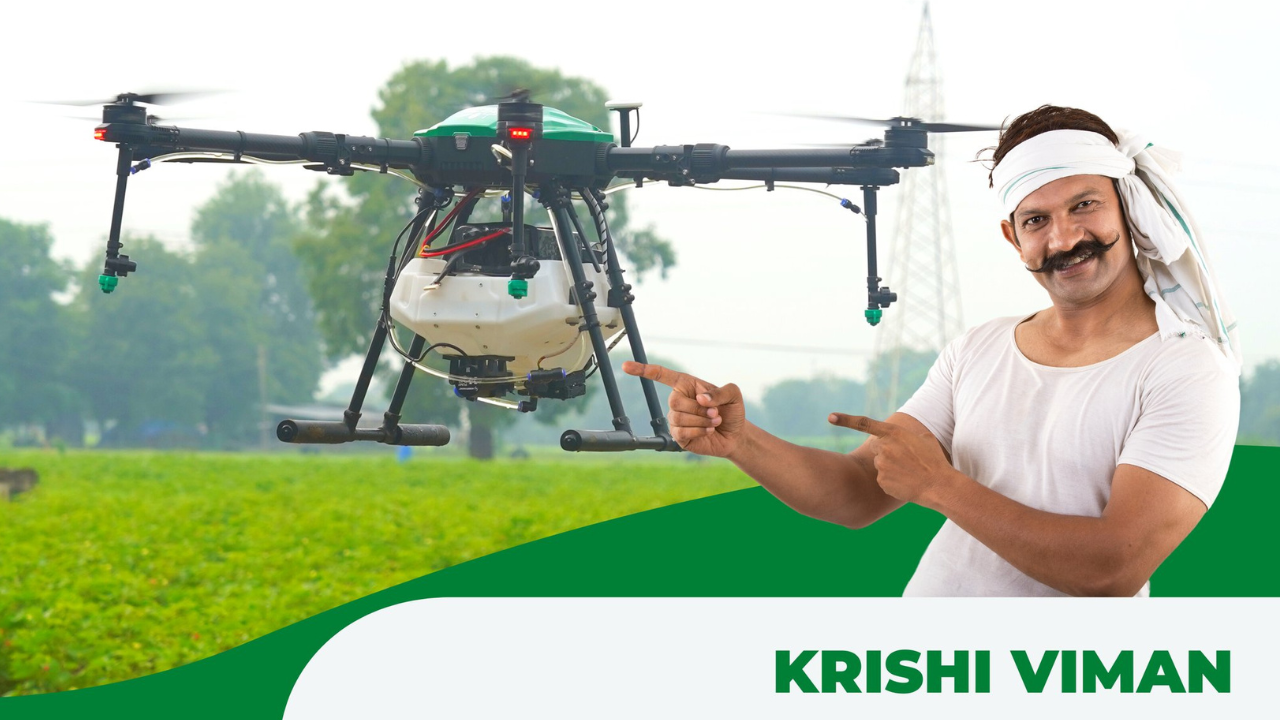
Cost-Benefit Analysis: Is Investing in Agricultural Drones Worth it for Indian Farmers?
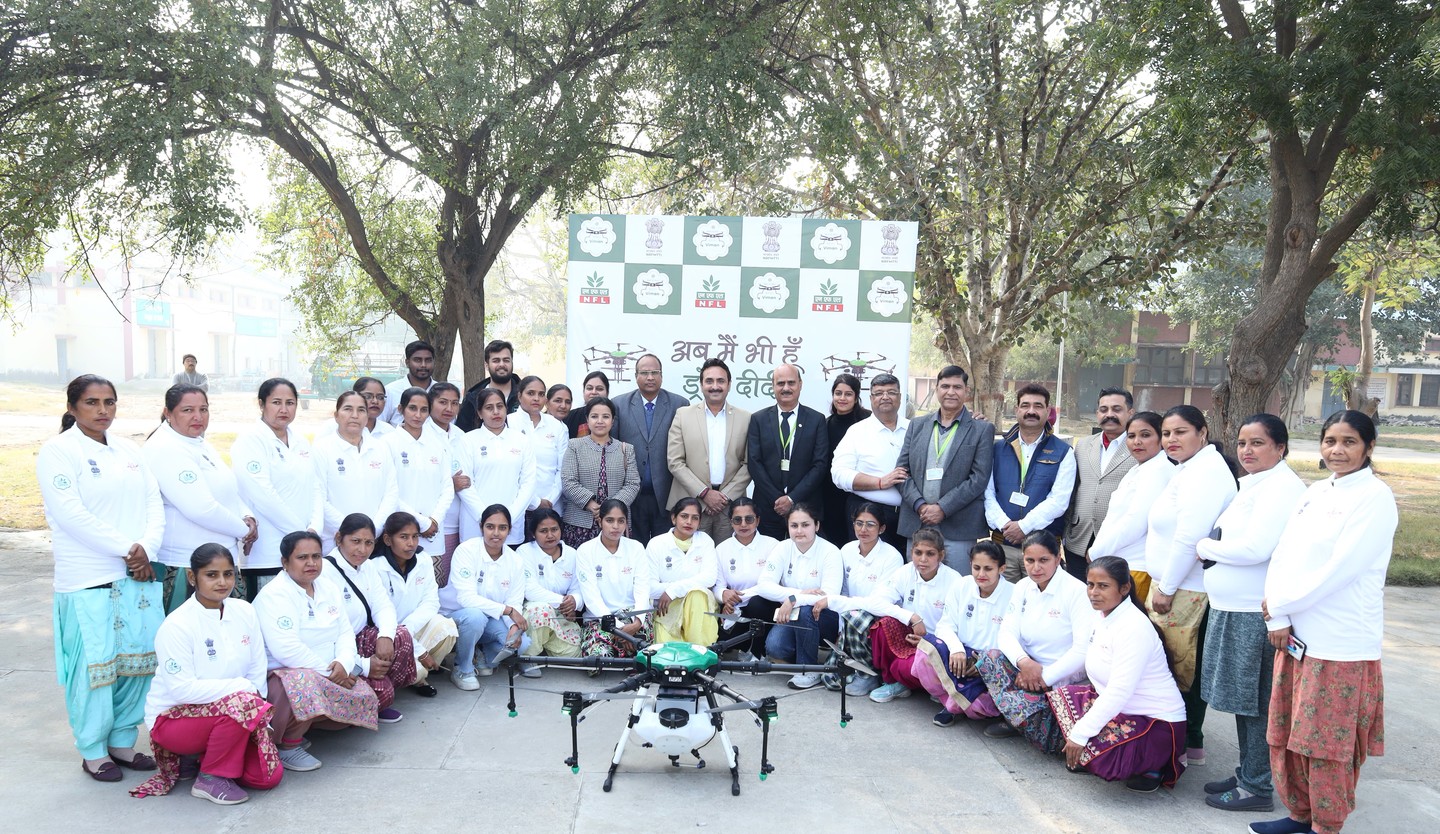
Krishi Viman: Pioneering Women's Empowerment in the Agricultural Drone Segment
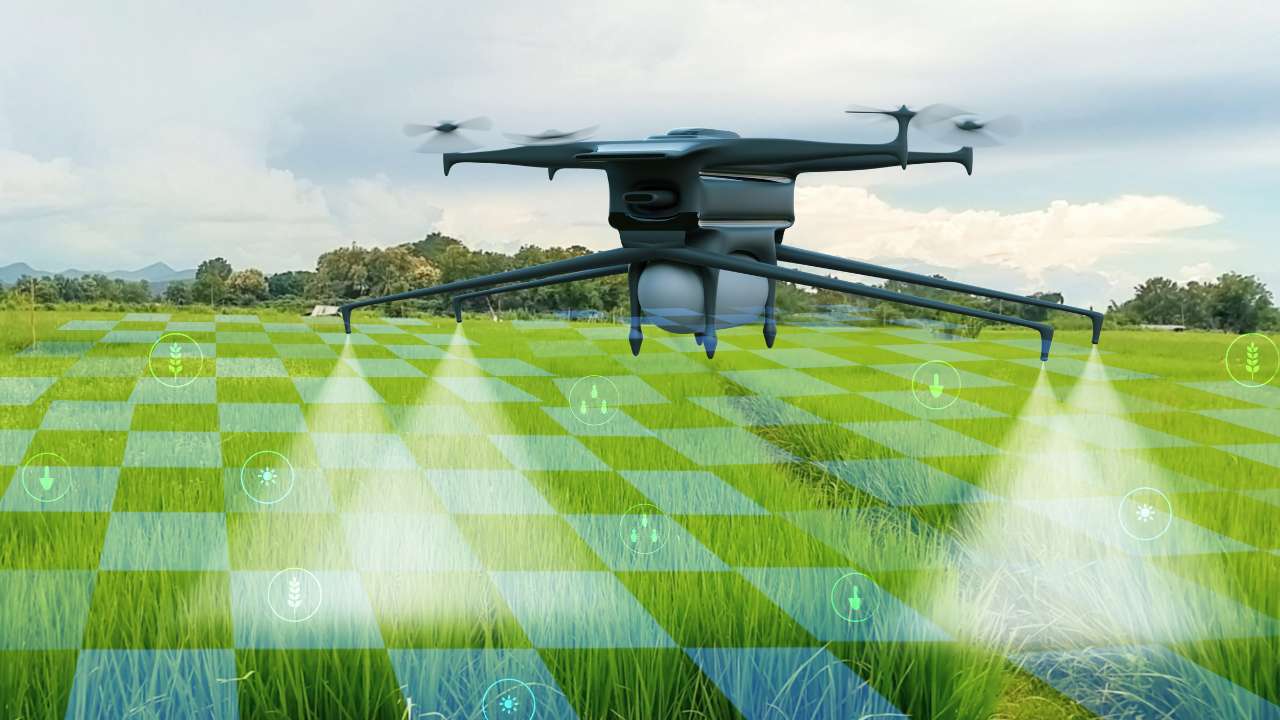
How Krishi Viman are Transforming Indian Agriculture


